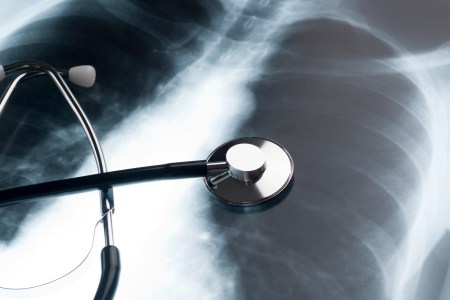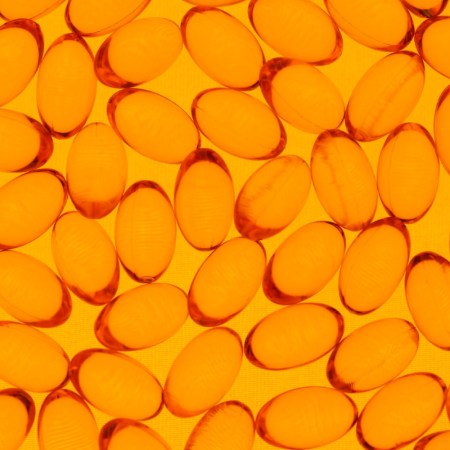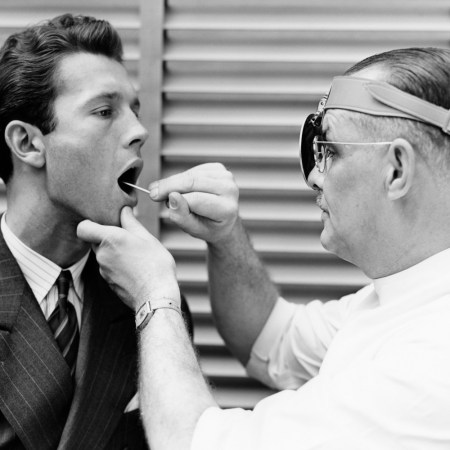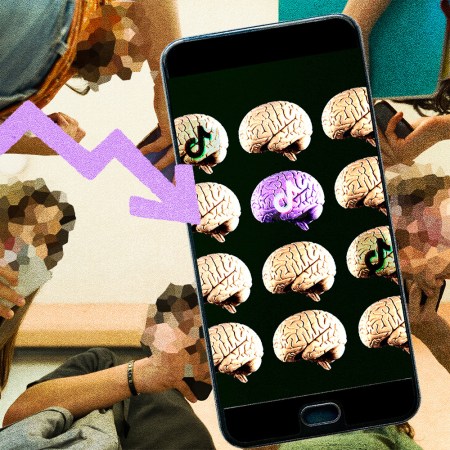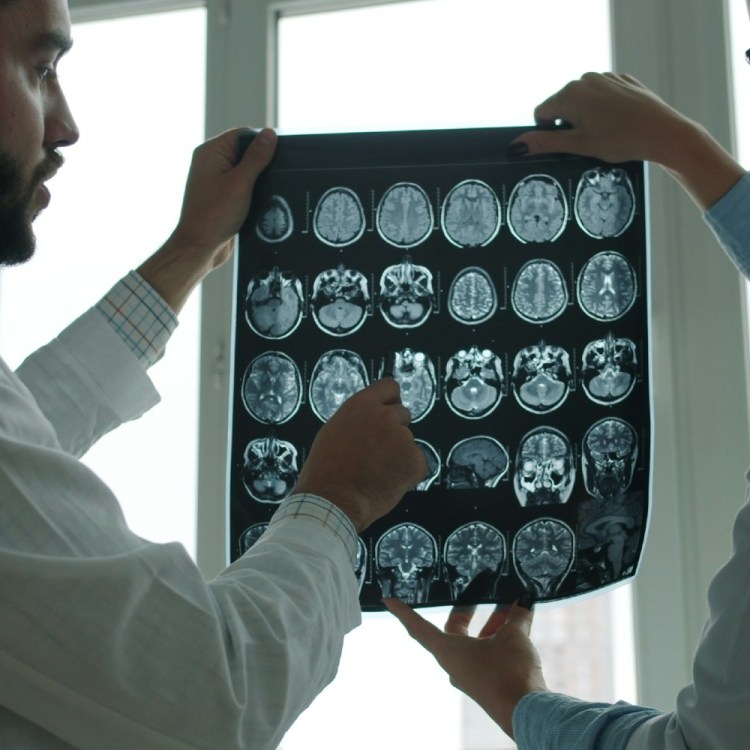Something you’ve probably noticed, if you’re in the habit of getting your annual flu shot: one year’s flu shot is not the same as the previous year’s. That’s because bacteria can develop immunity from different treatments as well. As Cedars-Sinai’s Han Tran explained in 2021, the speed at which this happens (or doesn’t happen) varies from disease to disease. “If a virus replicates quickly, it has a chance to produce more mutations, also known as variants,” Train said. “The more variants emerge, the harder it is to make a vaccine that will create lasting immunity, because the target keeps moving.”
Just as viruses mutate, so too do bacteria; in both cases, those mutations can put patients at risk. What if there was a way to keep that from happening? While that might sound boldly ambitious, it’s the subject of a promising course of research that Tiffany Taylor described in a recent Live Science article.
There’s a simple reason for why scientists are exploring this: the number of bacteria that are resistent to drugs is on the rise around the world. And if an antibiotic doesn’t work properly to stave off infections, it can reduce the effectiveness of medical interventions and heighten the risk of serious illness or death.
Live Science describes the efforts of University of Minho scientist Joana Azeredo, who has been targeting bacteria with bacteriophages — specifically, bacteriophages that can undo bacterial resistance to antibiotics. Another scientist, the University of Texas at Austin’s Despoina Mavridou, has been working to block bacteria’s ability to generate certain proteins.
A Lung Cancer Study Suggests AI’s True Benefit Might Be in Medicine
Deep learning applied to x-rays helped determine non-smokers’ risk for the diseaseThe University of Bath’s Zamin Iqbal stressed the importance of combatting bacterial resistance. “Antibiotic resistance is a major public health threat because so much of modern medical care depends on antibiotics — childbirth, cancer treatment, transplants, operations, and infections,” he told Live Science. From the different courses of research described in this article, the process of finding a effective way to undermine bacteria won’t be easy, but it could pay off in a big way.
The Charge will help you move better, think clearer and stay in the game longer. Subscribe to our wellness newsletter today.

